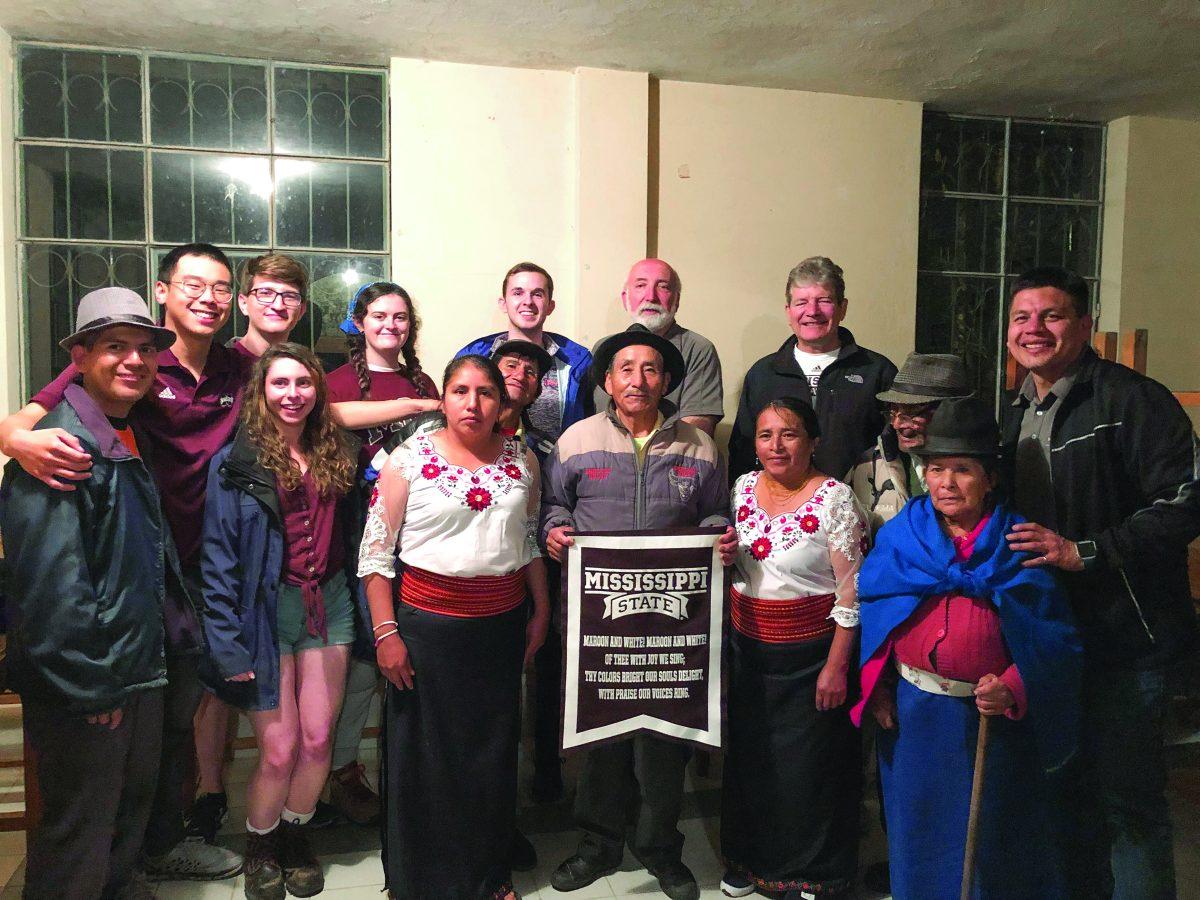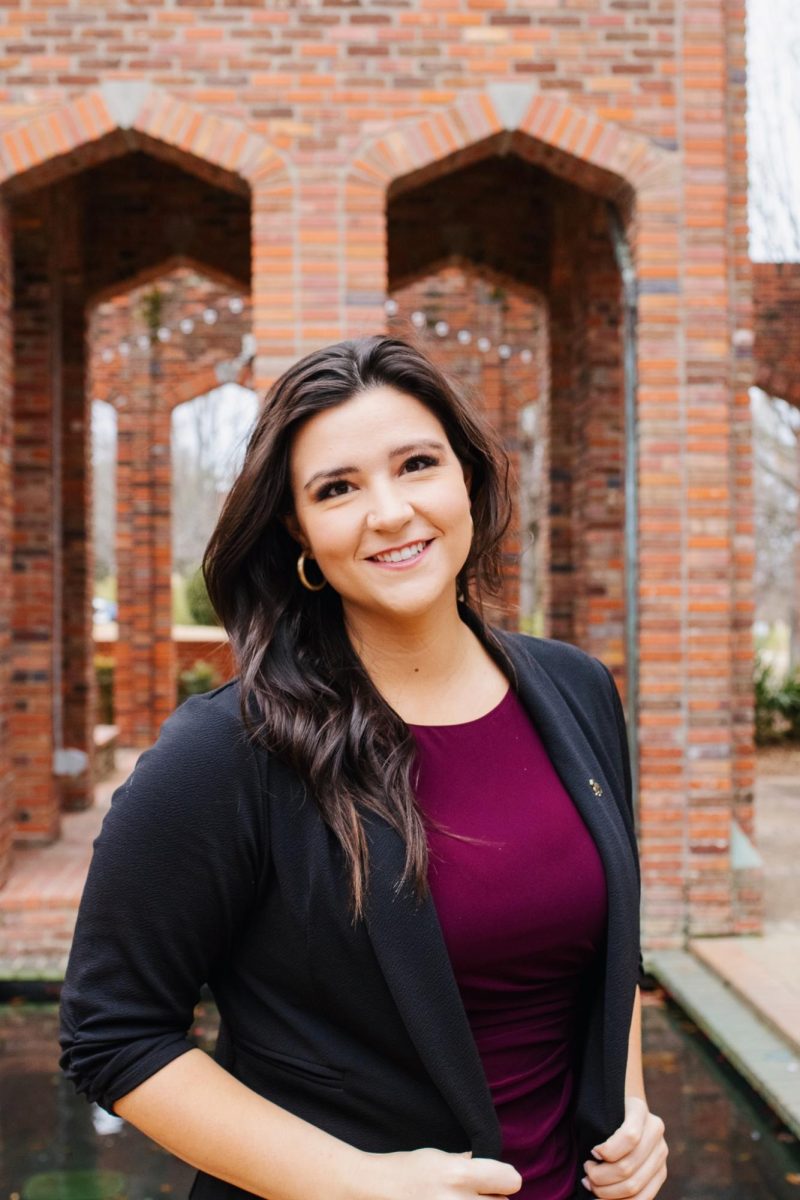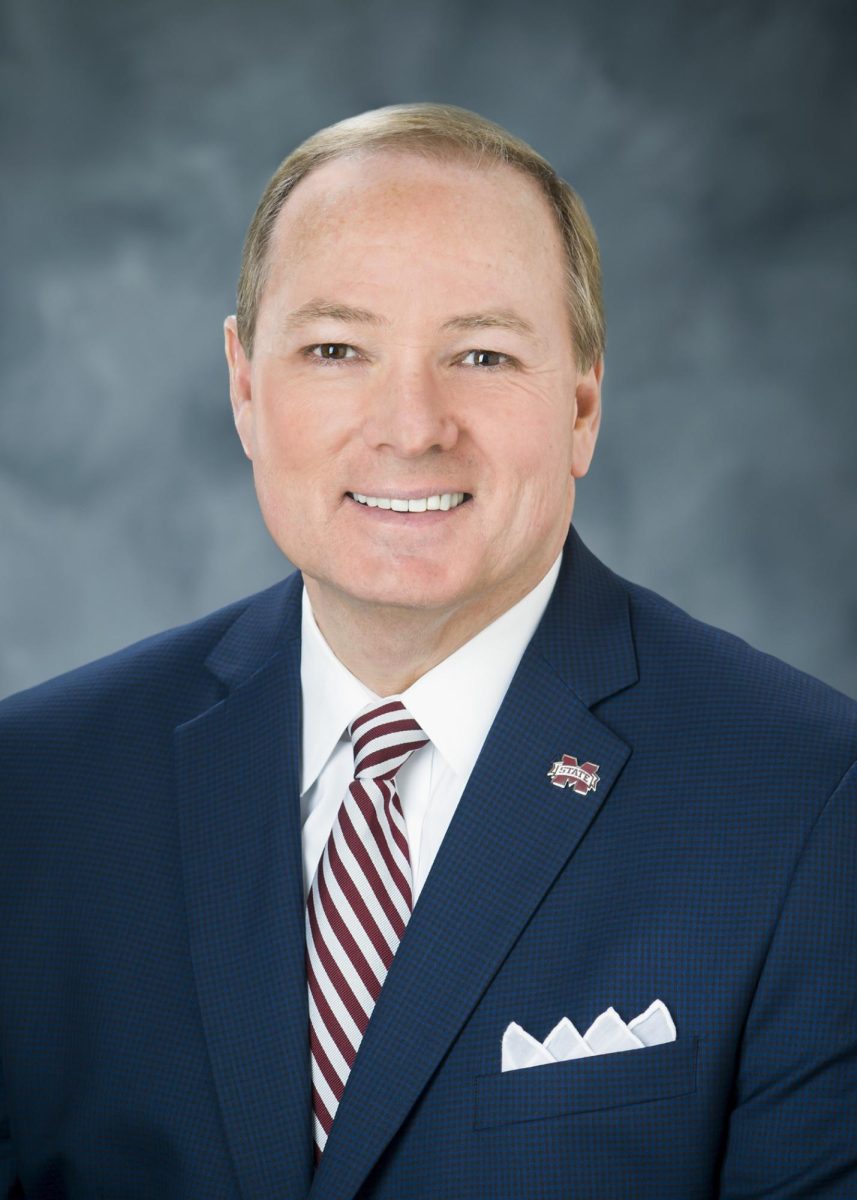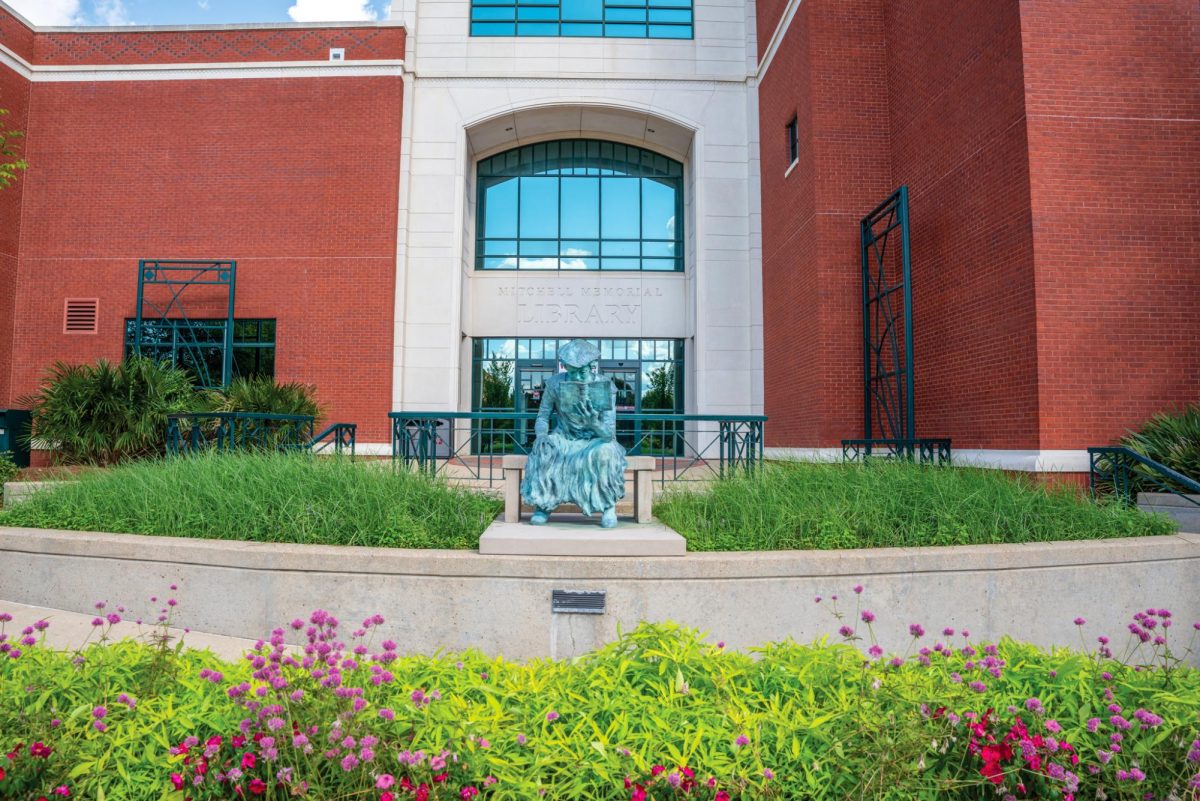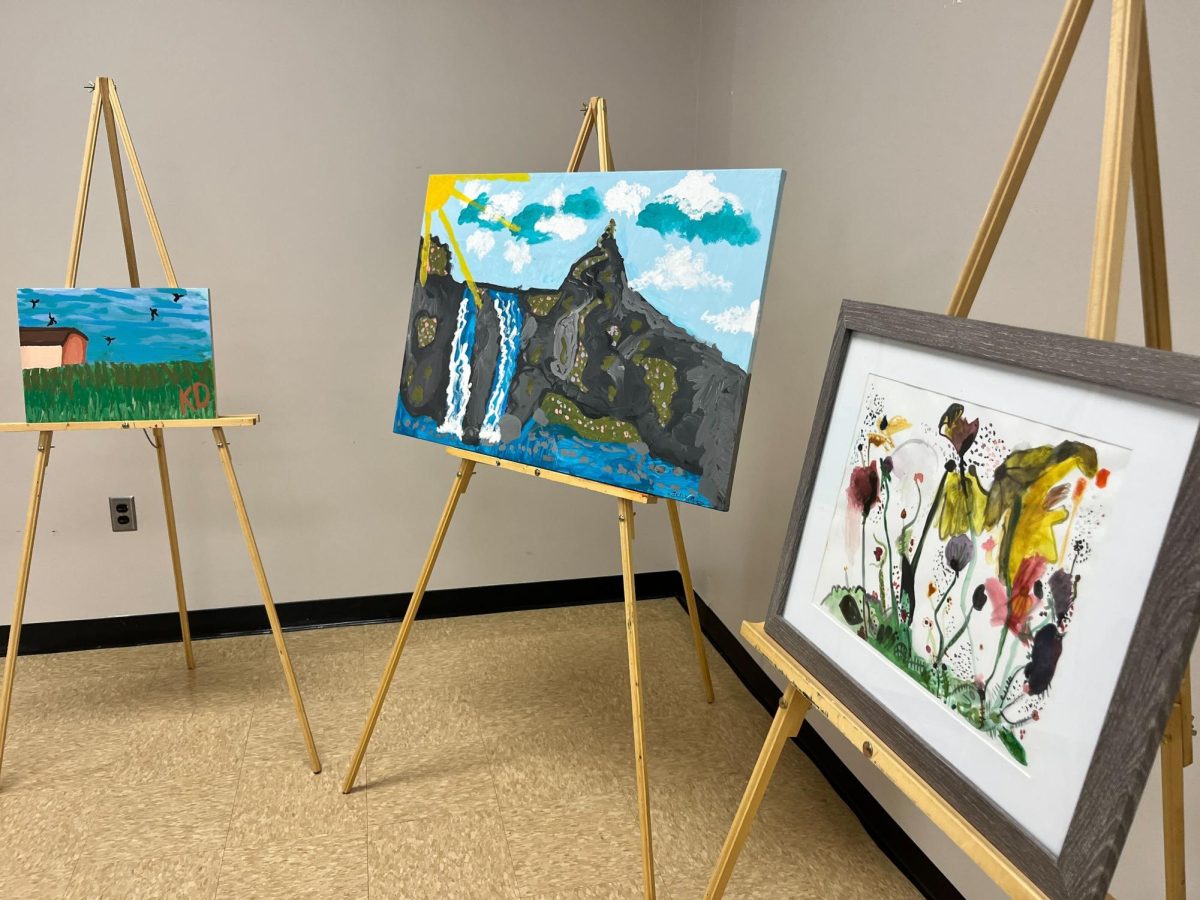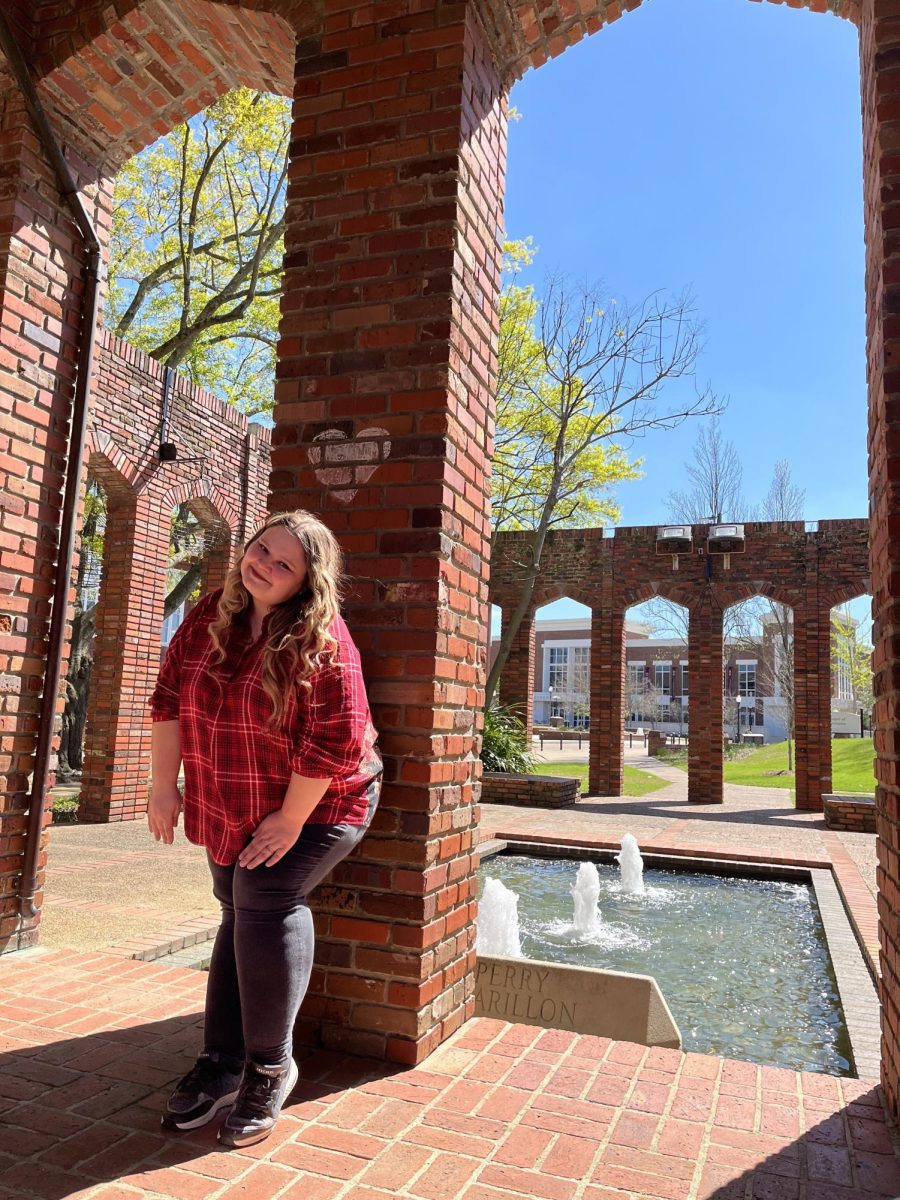For the second year in a row, the Mississippi State University student chapter of Engineers Without Borders (EWB) has won MSU’s Community-Engaged Service award. This award is just one of the different categories of MSU’s Community Engagement Awards and is determined by several university offices. EWB will also receive a $3,000 cash prize to go towards their service project.
This year’s first-place service award project is a multiyear effort to rebuild and revamp a decrepit water supply system in the tiny Ecuadorian village of Santa Teresita that is hidden away in the Andes mountains. In May 2019, EWB took its first trip to assess the lay of the land, conduct water purity tests and engage with the villagers.
The two project co-leaders are Laura DeCuir, a sophomore mechanical engineering major, and Craig Schexnaydre, a sophomore civil engineering major. Schexnaydre made it clear this undertaking was no trivial matter, but rather an extensive reworking of the entire setup in Santa Teresita.
“We’ll look at expanding the system—finding new sources to bring more water into the system to further increase the quality of life for the community, (to) provide 150% of what they need, so they can continue to grow, continue to thrive, and on top of all that we’re trying to teach them to sustain it, to maintain it so that, in 30, 35 years, the issue doesn’t come back,” Schexnaydre said.
According to Schexnaydre, part of the problem in Santa Teresita is the population’s use of the water for agricultural purposes despite the system’s original design being only meant to sustain everyday human needs. Further exacerbating the water shortage was the unbalanced distribution of water with some people wasting it while others surviving on a more meager supply.
Dennis Truax, the department head of MSU Civil and Environmental Engineering and the advisor to MSU’s EWB chapter, has worked on several water projects during his career but admits Santa Teresita presents obstacles with which even he is unfamiliar.
“A unique feature that we’re having to deal with is the combination of altitude and the vertical differential between where we’re delivering the water and where we’re getting the water from,” Truax said.
Truax said he has not worked with inclines in the past, so the height differentials pose a unique problem for engineers.
“Dealing with 3,000-foot differentials and the kind of horizontal differences we’re dealing with, plus the instabilities of the soils, having to work on basically the face of a mountain … These are all things I’ve never had to deal with personally.
Truax also emphasized the challenges which come with the project being located in a tropical jungle environment.
“The other piece is we’re dealing with in the jungle … a large part of what we have to do, had to do and continue to do is go through bamboo-laden jungles that grow back quickly, traversing very narrow paths, sometimes no paths at all,” Truax said.
Truax said the motley infrastructure which has been added to maintain the water systems has also prevented a problem.
“The combination of rockslides, mudslides, earthquakes, lack of resources has us looking at a system that is heavily patched with a wide variety of materials,” Truax said. “We’ve got galvanized pipe interfacing with three different types of plastic pipe, and some of the piping really isn’t piping. It’s more tubing. Some of the connections are basically tape holding systems together.”
Although this complex task may seem impossible for anyone but seasoned professionals, Truax emphasized that it is the students who plan and implement the water network.
“The students are doing everything,” Truax said. “This is not me dragging a bunch of students down to watch it go in. This is them designing it and me dragging a bunch of them down to see if their design gets put in place.”
Last year, EWB won the same award for the construction of several wells in southern Zambia. Truax also noted the club was considering taking on a new project in Tanzania. While it might seem as if EWB’s sole focus is on international projects only engineers can be involved with, this would be a mischaracterization, Maiers said.
“We’re called Engineers Without Borders, but we let any major join,” said Angelica Maiers, president of MSU’s EWB chapter and chemical engineering major. “We get a variety of students. What’s really cool is that if you want, if you’re interested in the local community or campus, we do volunteer work. We have social events. We’re just a regular club, but (you can be) as involved as you want to be. We also do large-scale fundraising, grant applications and we go on international trips where we actually do engineering work … A regular part of my week is international work, instead of just a segmented couple months (on a study abroad trip).”
Fundraising for multiple international trips makes every year its own battle, Maiers said. The club relies on local fundraising and support, as well as donations from EWB alumni and other interested engineers to pay for the cost of the excursions.
Engineers Without Borders wins award for work in Ecuadorian village
Craig Schexnaydre | Courtesy Photo
MSU’s Engineering Without Borders chapter won first place in the Community-Engaged Service category of MSU’s annual Community Engagement Awards. They received $3,000 to go towards their water supply infrastructure project in Santa Teresita, Ecuador.
Donate to The Reflector
Your donation will support the student journalists of Mississippi State University. Your contribution will allow us to purchase equipment and cover our annual website hosting costs.


















































































